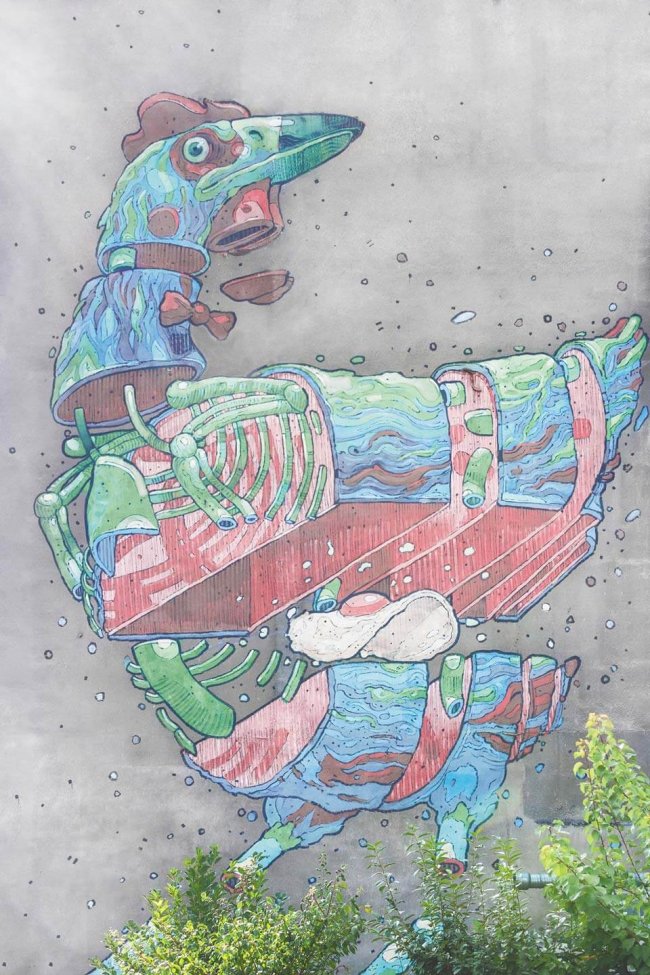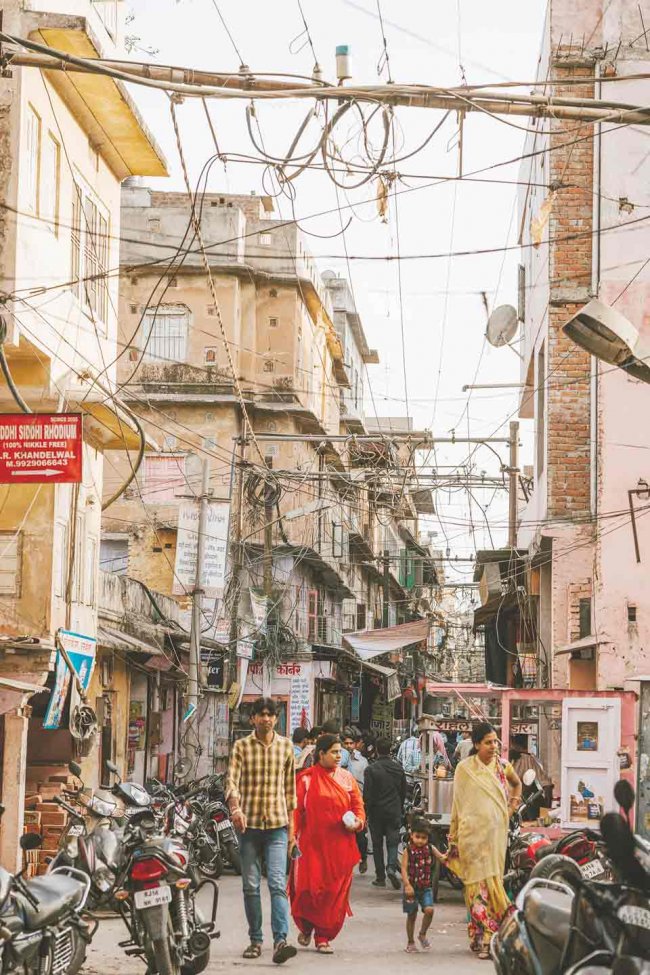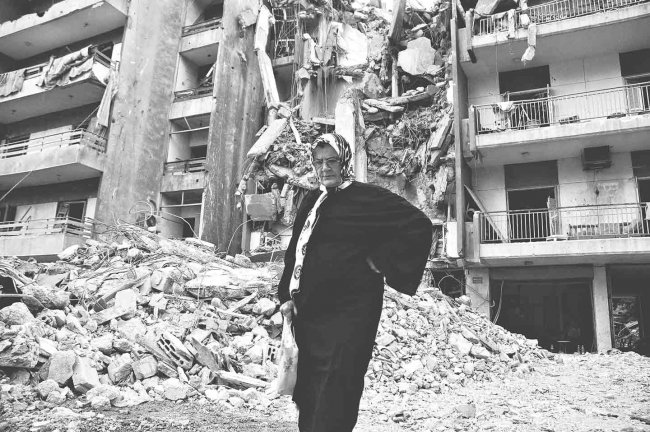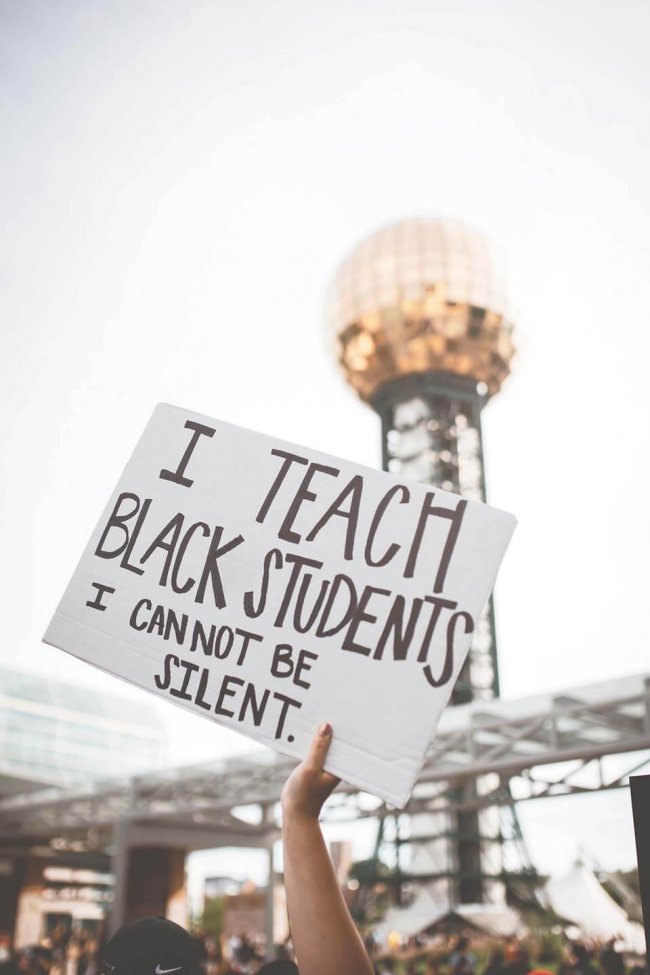LEARNING FROM CHICKENS by Linda Emanuel
It had been an unseasonably hot day in July. The news said—improbably, I felt—that it didn’t break a record. The fifteen chickens in the coop next to me panted through their open beaks, spread their wings to create shade, or moved within the stingy shadows, one pecking the neck of another to get a place to scratch down to cooler earth.





